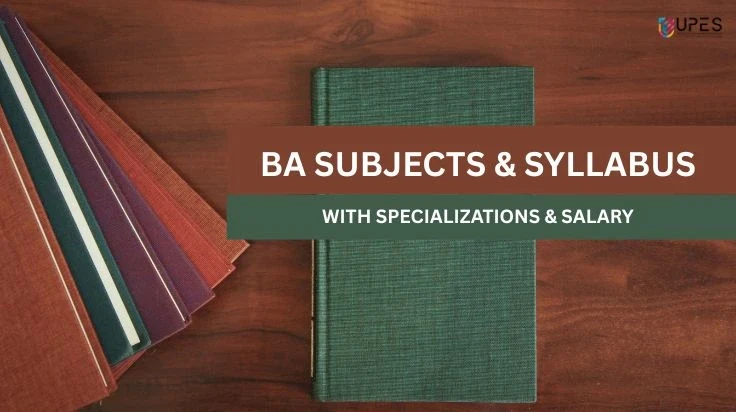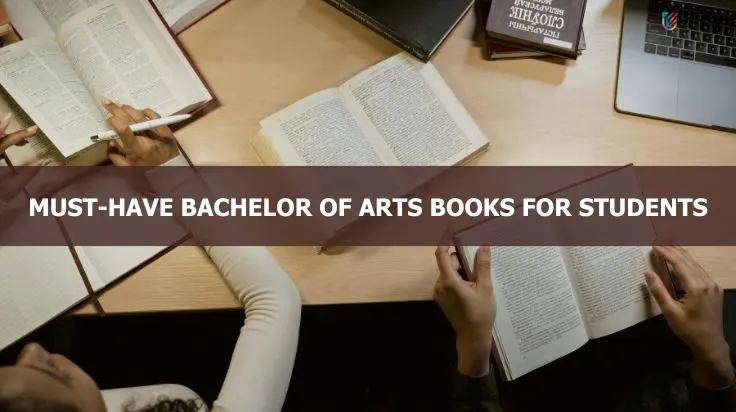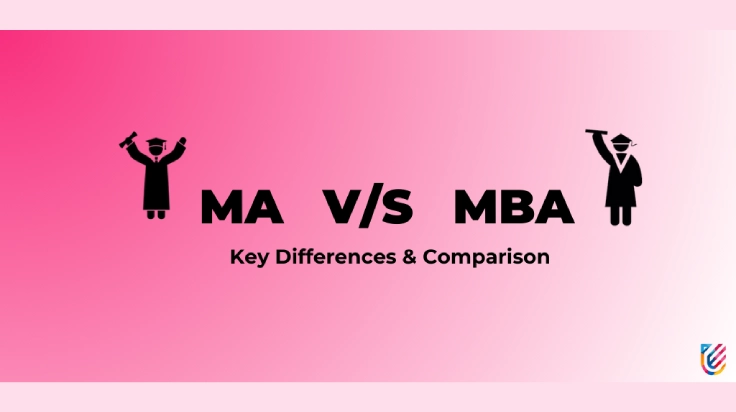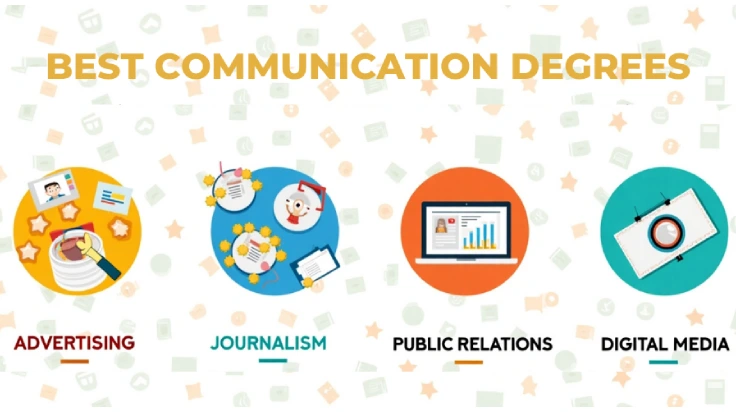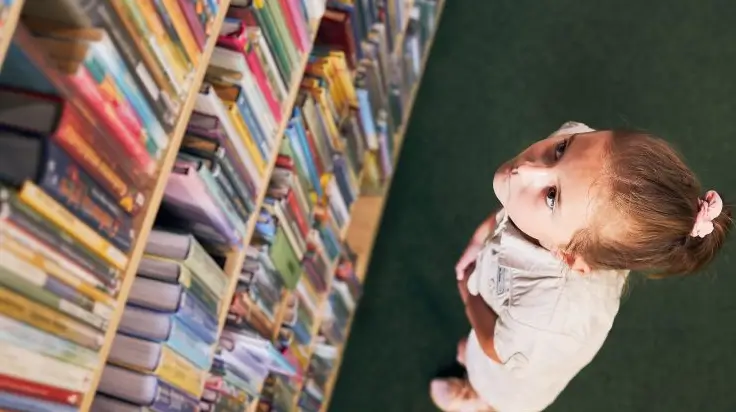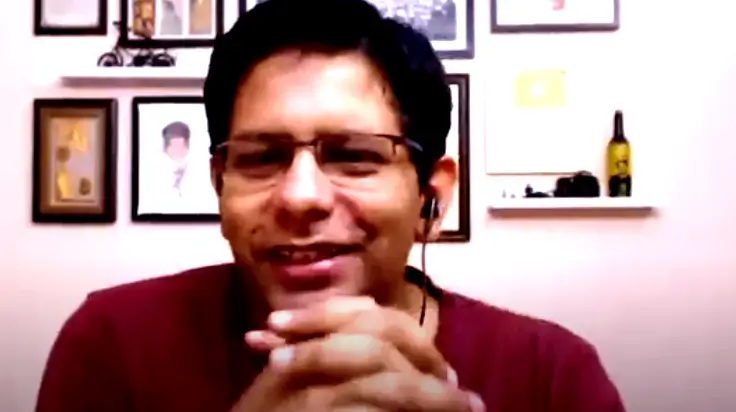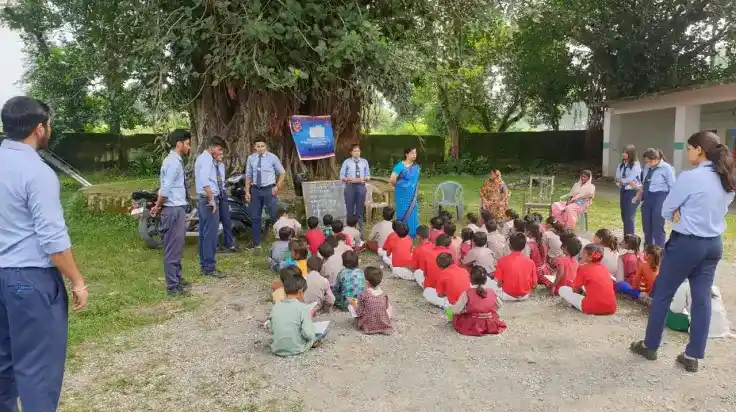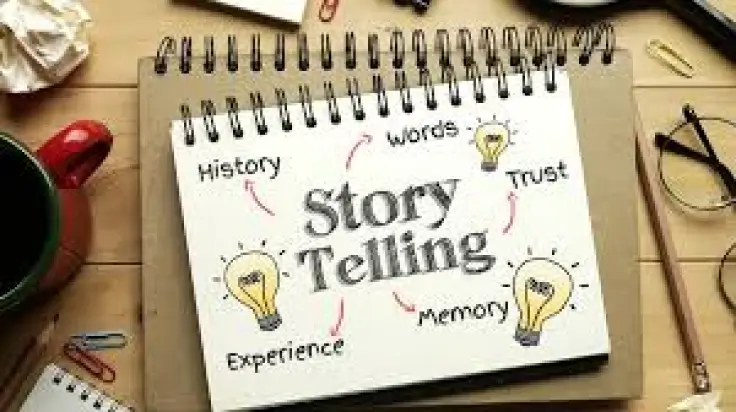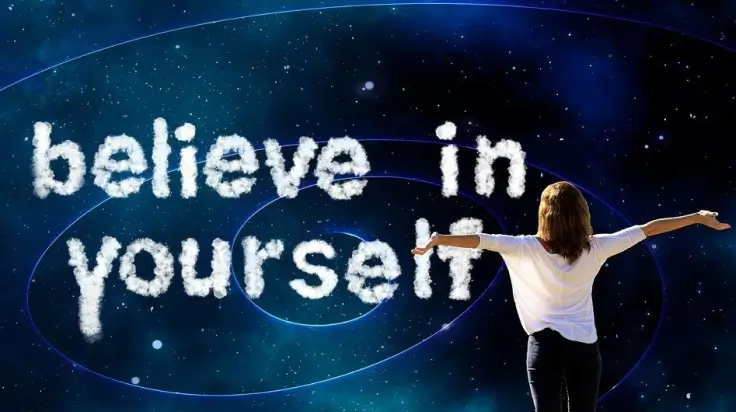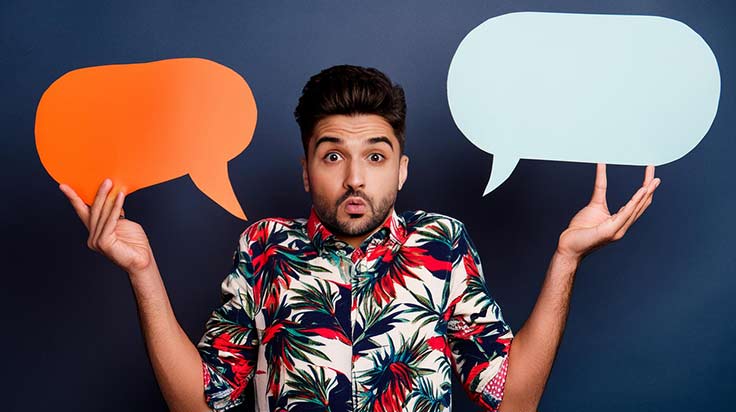Empowering Through Words: Role of Literature Courses in Liberal Studies
- Dr. Sakshi Chanana
- Published 05/10/2023
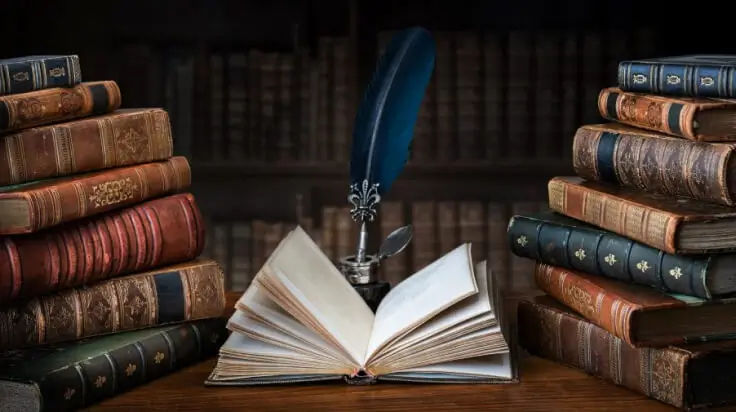
“Language is a skin: I rub my language against the other. It is as if I had words instead of fingers, or fingers at the tip of my words. My language trembles with desire” – Roland Barthes
Language permeates our lives- it is the heart of storytelling and stuff that the finest literature is made of. What would be our worlds without words, if not mere shallow existence? Since times immemorial, we have tuned into literary works for hope, solace, and meaning. Literature with its charming stories, soulful poetry, and hard-hitting non-fiction has tugged at the corners of our hearts, more than once in our lifetime. When Shakespeare’s Hamlet cries aloud in agony, “To be or not to be, that is the question”, we feel with him, the pangs of indecisiveness or when Robert Frost remarks- “Two roads diverged in a road, and I took the one less travelled by, and that has made all the difference”; we pause and reflect on our journeys and choices, and wonder if they have all been worth it. Whether it is the magical world of Harry Potter appealing to the innate human desire to find magic dust in everyday life or the timeless love tales of Amrita Pritam and Sahir Ludhianavi almost persuading us to believe in love amidst all the odds, literature has a transformative and redemptive power.
Studying literature empowers one to come to terms with life’s vicissitudes, facilitates a sharpened sense of comprehension, and creates an empathetic being who can vouch for the greater good. How can you imagine identifying and resolving your wounds/ troubles if you have not cried with someone etched in the vintage red double-bound hardcover book? The existential crisis, a gnawing sense of loneliness, and a feeling of being abandoned have crept into our modern world, even more so, with click-based relationships and emoticon-driven friendships. In such times, Literature comes across as a beacon of hope and optimism during the hard days of life, soothing our troubled lives. This does not imply that literature is just a wishy-washy romantic notion that sets all wrongs right, but rather it is the force that teaches one to stand tall even among the testing waters or to sing with William Ernest Henley, “Out of the Night that covers me/ Black as the pit from pole to pole/ I thank whatever Gods may be/For my unconquerable soul”. Literature also performs social, aesthetic, moralistic, and even political functions. To think of an Orwellian world or reflect upon the epical world of Ramayana or Mahabharata, is to engage with society at a broader level. A litterateur delves deep into the world of mythology, love, tragedy, comedy, imaginary futures, gender, and socio-political milieu, and therefore has a keen awareness of the surrounding world and its significant issues.
Since the fundamental basis of liberal studies is to inculcate a profound sense of questioning and explore the nuances of things and ideas, without aggrandizing or demeaning them, one can’t conceive a liberal studies program sans literature program. Literature courses almost uncannily persuade us to look around and within and to ask the right questions even though the answers may take time to come by. Reading the best of world literature would not only equip students with knowledge but also endow them with unparalleled cultural richness, compassion, and a finer connection with fellow human beings. The skills, if I may say, that reading literature brings forth, are weaved within the tapestry of everyday life- like acquiring the ability to answer fundamental questions like- Who am I? What is my purpose in life? Why are social movements always steeped in politics and economic situations of that time? Or a close reading of text transporting you to another city, another continent- letting you figure out the incredible power of imagination to achieve great things or writing an analysis of your favourite book and comparing it with a web series to uncover the patterns of emotions and motifs – bequeathing on you, the miraculous ability to tell your stories with authenticity, being steeped in vulnerability. As literature connects with universal themes and includes tall tales of 7 basic plots- overcoming the monster, voyage and return, rags to riches, the quest or Hero’s journey, comedy, tragedy, and re-birth; it offers an intimate connection to readers, as if whispering to them- ‘You are never alone in your struggles’.
Being a literature student, you will be enriched by the gifts of the emotional world, become capable of reading people and their intentions better, be more compassionate and kind, and make a great leader, trusting yourself more than ever, for you would have discovered the epical worlds of extraordinary heroes and heroines, and known that greatness is as much a function of mind, as it is of consistent action, diligence and of being in love with what you do. If you are looking to appreciate life in all its intensity, learn how to wade through the testing times to discover new research in language or eminent world writers of different eras, or fall in love with on-page characters and find a piece of yourself in them or you have a dream to make a difference in this world by your words, you can find a home in literature. I couldn’t say it better than Mr. Keating in the phenomenal movie- Dead Poets Society, “Medicine, law, business, engineering, these are noble pursuits, and necessary to sustain life…but poetry, beauty, romance, love, these are what we stay alive for…. That the powerful play goes on and you may contribute a verse. What will your verse be”?
Dr. Sakshi Chanana
The writer is Dr. Sakshi Chanana, Assistant Professor, UPES School of Liberal Studies and Media
UPES Admission Enquiry
Subscribe to UPES Blogs
Join our community for exclusive stories, insights, and updates
By clicking the "Subscribe" button, I agree and accept the privacy policy of UPES.









